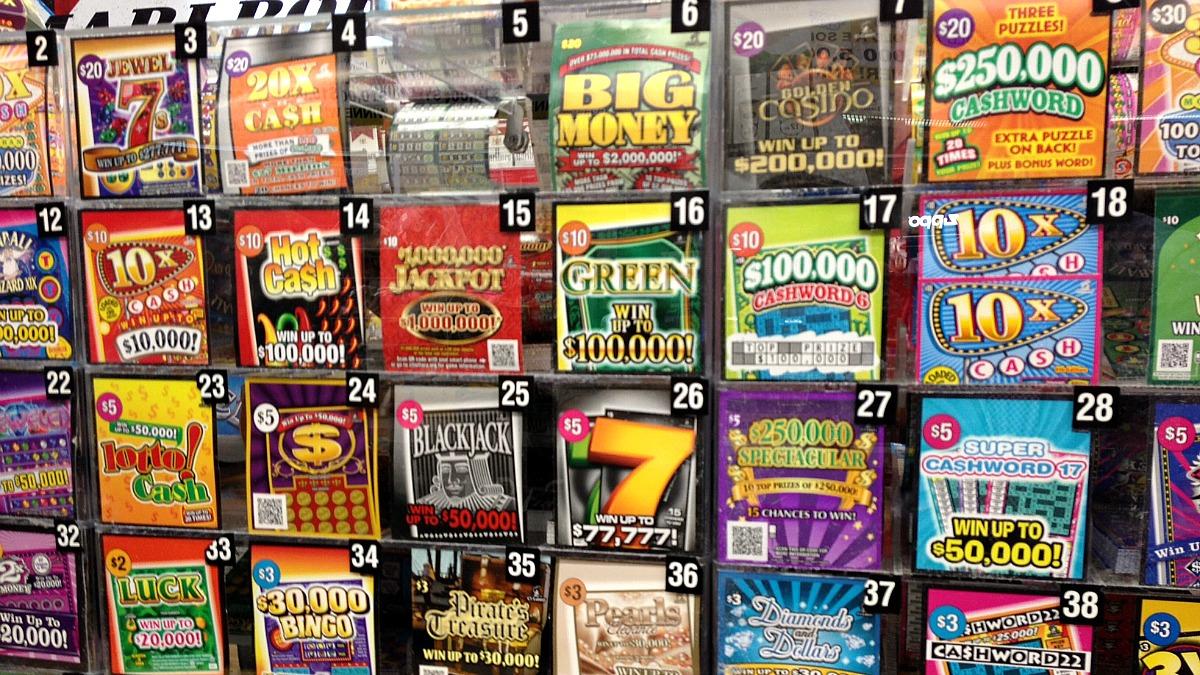
Unraveling the Lottery: More Than Just Chance
Lotteries have long captivated the human imagination, offering the tantalizing promise of instant wealth and a ticket out of life’s constraints. From ancient China to modern-day Powerball, the allure of the lottery game persists, drawing millions of hopeful players into the fray messipoker. Yet, beyond the surface of luck and chance lies a complex tapestry of psychology, sociology, and economics that sheds light on our fascination with this seemingly simple game of numbers.
The Thrill of Uncertainty: At its core, the lottery embodies the thrill of uncertainty. The moment a player purchases a ticket, they enter a realm where dreams and reality intersect. The possibility of winning millions with just a few dollars ignites a spark of hope in even the most cynical hearts. This anticipation, fueled by the adrenaline rush of imagining a life transformed, is a potent force that keeps players coming back for more.
A Social Phenomenon: Beyond individual motivations, the lottery is deeply ingrained in the social fabric. It serves as a common denominator, transcending boundaries of age, gender, and socioeconomic status. In queue at the local convenience store or gathered around the water cooler at work, discussions about upcoming draws and imagined windfalls foster a sense of community among players. In this shared pursuit of fortune, strangers become comrades, united by the tantalizing prospect of hitting the jackpot.
The Paradox of Hope: Yet, beneath the surface optimism lies a paradoxical truth: the lottery thrives on the hopes of the many fueled by the losses of the few. For every winner who graces the headlines, countless others experience the bitter sting of disappointment as their numbers fail to align. Despite the astronomical odds stacked against them, players continue to invest their hard-earned money, clinging to the belief that fortune will smile upon them one day. This delicate balance between hope and reality underscores the enduring appeal of the lottery.
A Window into Human Nature: Moreover, the lottery offers a fascinating glimpse into human psychology. The allure of instant gratification, coupled with the fear of missing out, drives many to participate despite rational calculations suggesting otherwise. Behavioral economists point to cognitive biases such as the availability heuristic and the illusion of control, which distort our perceptions of risk and reward. In this sense, the lottery becomes a microcosm of our irrational tendencies, highlighting the complex interplay between emotion and reason in decision-making.
Implications for Society: From a societal perspective, the lottery occupies a unique position in the public consciousness. Critics decry it as a regressive tax on the poor, exploiting the vulnerable under the guise of entertainment. However, proponents argue that lottery revenues fund vital programs such as education and infrastructure, providing tangible benefits to communities across the country. This tension between altruism and exploitation underscores the ethical dilemmas inherent in the lottery industry.